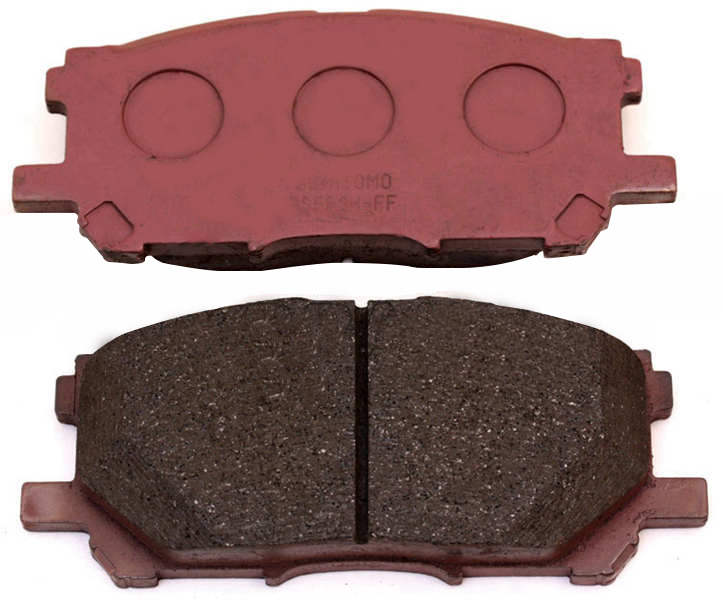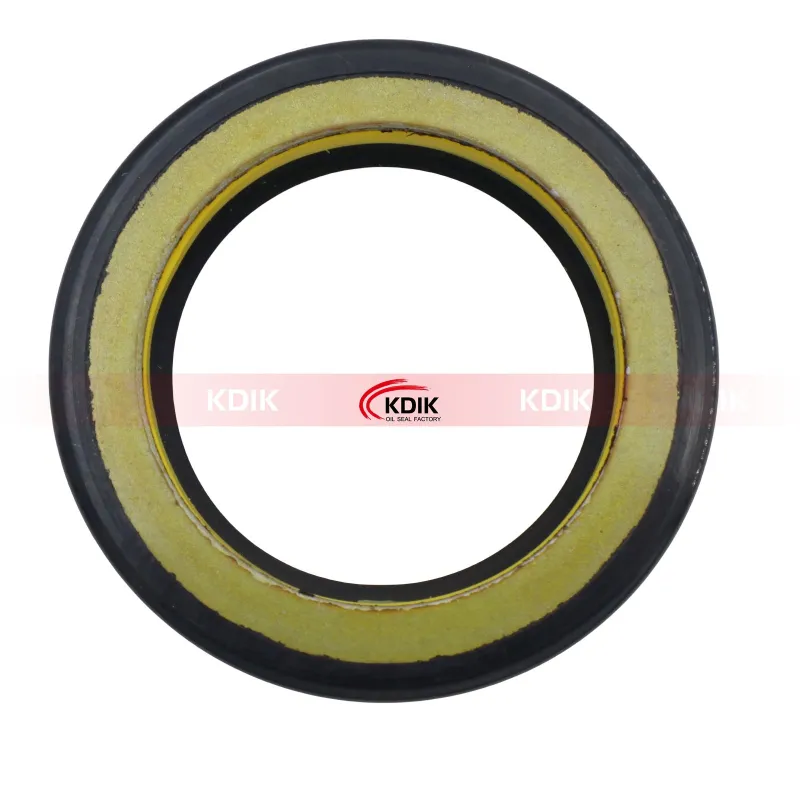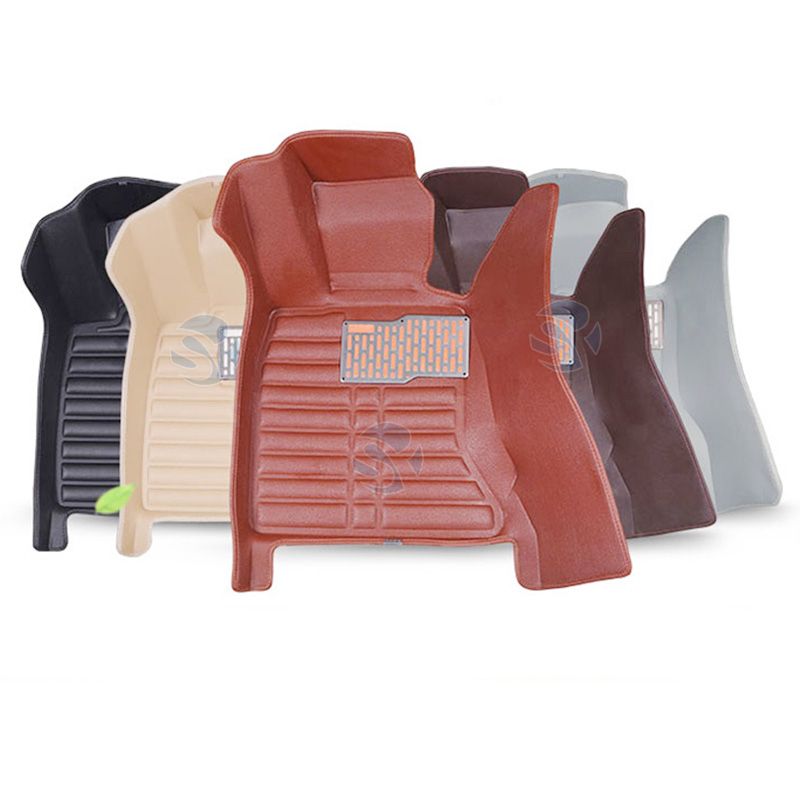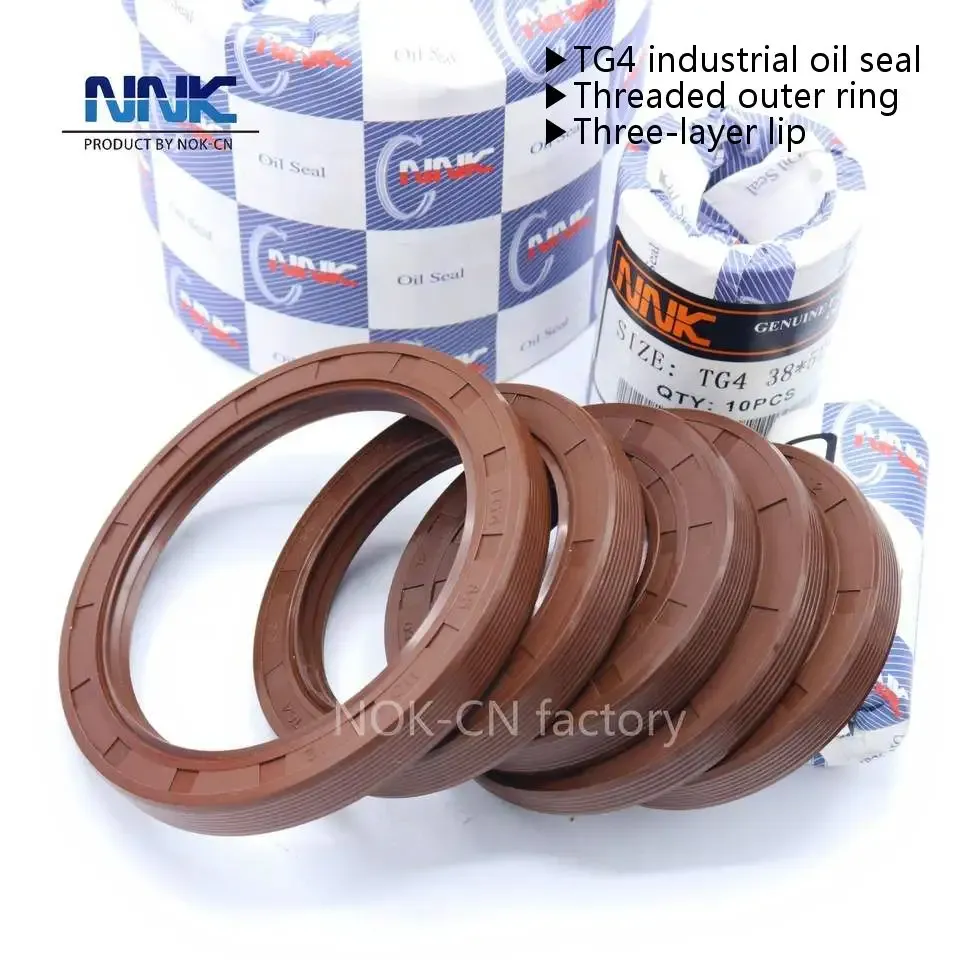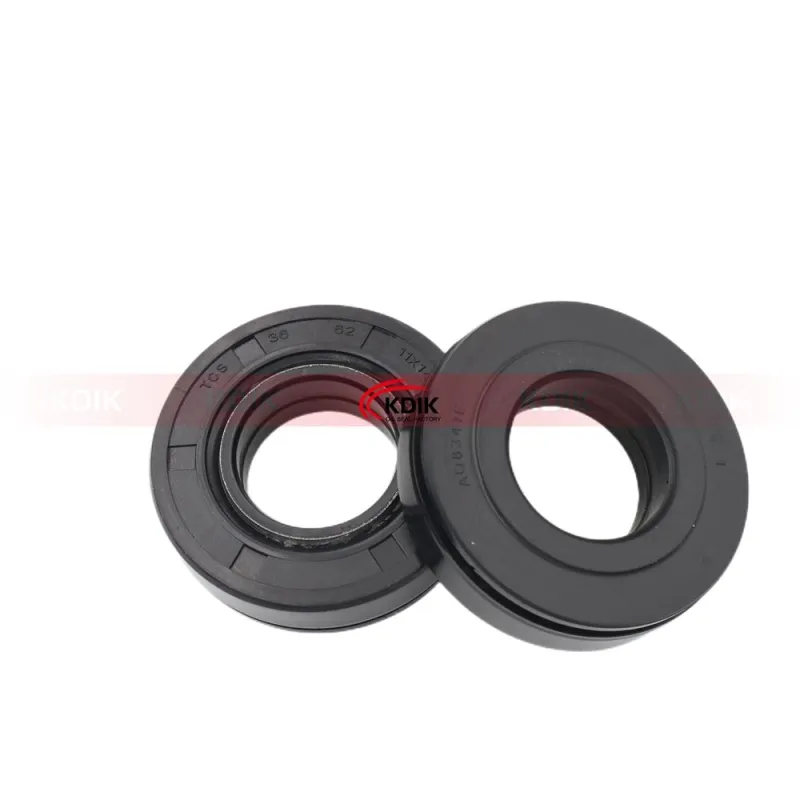How Do I Know If My Brake Discs Are Bad?
A. Engaging Hook
You're cruising down the highway, windows down, music playing, enjoying the freedom of the open road. Suddenly, you need to hit the brakes, and instead of a smooth deceleration, you're greeted by a cacophony of unsettling noises. If this scenario sounds all too familiar, it's time to address a crucial question: How do I know if my brake discs are bad?
B. Brief overview of brake discs
Before we delve into the signs, let's get acquainted with the unsung heroes of your braking system – the brake discs. These circular metal discs play a pivotal role in ensuring a safe and controlled stop.
Signs of Bad Brake Discs
A. Unusual noises
1. Squeaking or squealing
Ever experienced a high-pitched serenade when you hit the brakes? Squeaking or squealing sounds are often early indicators of brake disc issues. It's your car's way of saying, "Hey, something's not right down here!"
2. Grinding sounds
If your brakes are sounding more like a coffee grinder than a smooth stop, it's time to pay attention. Grinding noises suggest that your brake pads are worn down, and the metal is now in direct contact with the brake disc – a recipe for trouble.
B. Vibration while braking
Picture this as an unwanted dance party in your car. If you feel an odd vibration when applying the brakes, it's a signal that your brake discs might be warped. Not the kind of shimmy you want on the road.
Featured content:Electric Bikes Vs Mopeds » Optibike High Performance E-Bikes
Exploring the Versatility and Functionality of Clutches
9 Factors in Choosing an Oil Seal
Steps to Cleaning An Electric Scooter
Understanding the Role of Brake Discs in Vehicle Performance
Ceramic Brake Pad: Enhancing Performance and Safety
Can You Drive with a Bad Timing Belt Tensioner?
C. Reduced braking performance
Did your car once stop on a dime but now feels more like a hesitant shuffle? Reduced braking performance is a red flag. It might mean your brake discs have reached the end of their prime.
Visual Inspection
A. Thickness of brake discs
Time for a DIY detective session. Grab a flashlight and take a peek at your brake discs. Are they looking a bit too thin? Thinner than a pancake on a diet? If so, it's a sign they've seen better days.
B. Visible cracks or warping
Inspect your brake discs for any visible cracks or warping. These imperfections can compromise their ability to function optimally and might be the culprits behind those mysterious sounds.
C. Rust and corrosion
A little rust on your brake discs might seem harmless, but excessive corrosion can lead to performance issues. If you spot a rusty situation, it's time to consider some brake disc TLC.
In conclusion, your brake discs are the unsung heroes of your daily commute, and they deserve some attention. Regular checks and a keen ear for unusual sounds can go a long way in ensuring your safety on the road. So, the next time your brakes throw a noisy party, or your car does the jitterbug when you stop, don't ignore the signs – your brake discs might be trying to tell you something.
Some Ways for Manufacturers to Reduce the Leakage of Rubber Seals
The Role of Springs in Suspension Systems
Choosing the Right Electric Recreational Vehicle for Your Adventure
What tools does an automotive mechanic use?
Exploring the Great Outdoors: The Advantages of Outdoor Camping Car Rooftop Tents
Top 5 Reasons Why Electric Motorcycles Beat Gas Motorcycles
Cold Weather Car Care: How Rubber Ring Seals Prevent Drafts and Frosty Windows





